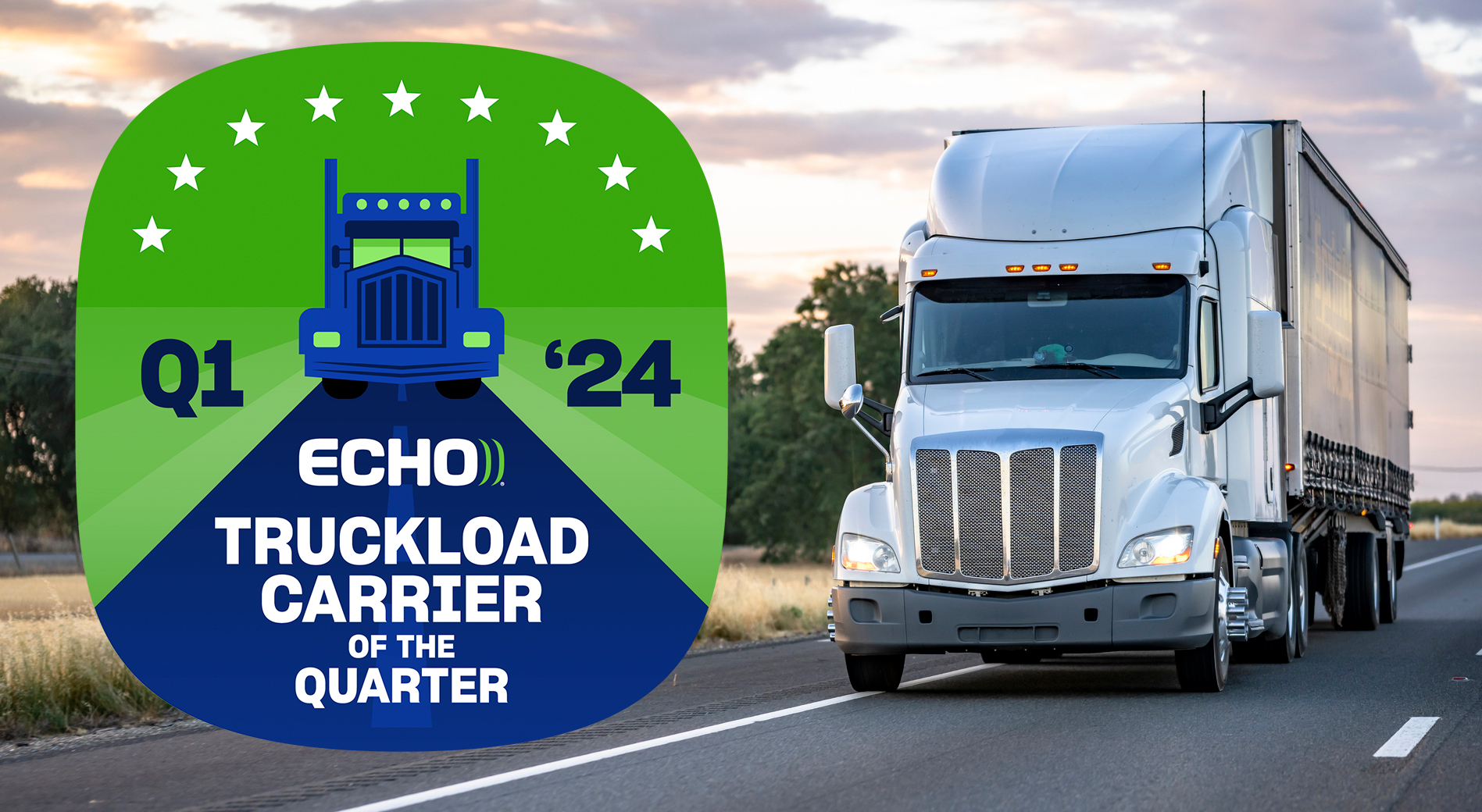At Echo, we continue to monitor developments in regards to the coronavirus (COVID-19) and its potential impact on your supply chains. Given it is a quickly evolving situation, we wanted to provide some important considerations that will help mitigate shipping challenges during this time to keep your supply chain moving.
To limit the spread of the virus, local, state, and federal governments are enacting measures that may impact your shipments. Currently, the San Francisco Bay Area is under a shelter-in-place order, which requires all non-essential businesses to close until at least April 7. Other parts of the country, such as New York City, may take this step as well. Beyond these government-mandated orders, many businesses across the country are making their own decision to close to help reduce risks associated with the virus.
We are also seeing significant delays in loading times at suppliers of essential goods and in unloading times at major big-box retailers and grocer warehouses – at times exceeding 5 hours. In addition, these businesses are prioritizing “essential” goods, resulting in the rescheduling of appointment times for non-essential shipments.
At this time, LTL carriers in Echo’s network are operating normally in most cases, and drivers are abiding by receiving and shipping facilities’ guidelines by signing waivers and/or performing “no-touch” transactions. For Truckload, Expedited, Intermodal, and all our other modes, Echo has an extensive network of small and large carrier partners to keep freight moving. We are in constant communication with these partners to understand operations and available capacity.
Delays in shipments are likely to occur. Echo recommends remaining as flexible as possible with pickup and delivery windows. The more your Echo representative knows about your critical and non-critical freight, the better we can help plan appropriate transportation to keep your supply chain moving.
To help prevent any delays to your shipments, please consider the following:
- Echo will share any carrier operational information or terminal closures with impacted shippers as soon as possible. Please share pertinent closure or limited operations information with your Echo team, so we can help to manage transportation.
- Prior to fulfilling orders, clients should gather information from suppliers and customers to mitigate backup at shipping docks. Echo recommends requesting this information multiple times each week.
- Prior to shipping, clients and Echo teams should collaborate to double-check with the carrier, pickup facility, and consignee location to determine whether the shipment can be fully executed.
- For freight in-transit that cannot be received because the consignee is closed, carriers will have limited space to store freight and the costs could add up quickly. Alternatively, shippers can try to get the freight back to the shipping location or work with the client to select an alternate consignee that can receive the freight.
We remain committed to helping you effectively manage through this situation during these unprecedented times. If you have any questions or concerns regarding your transportation management needs, feel free to reach out to your Echo representative.
Thank you for your continued trust in Echo.
Informational




